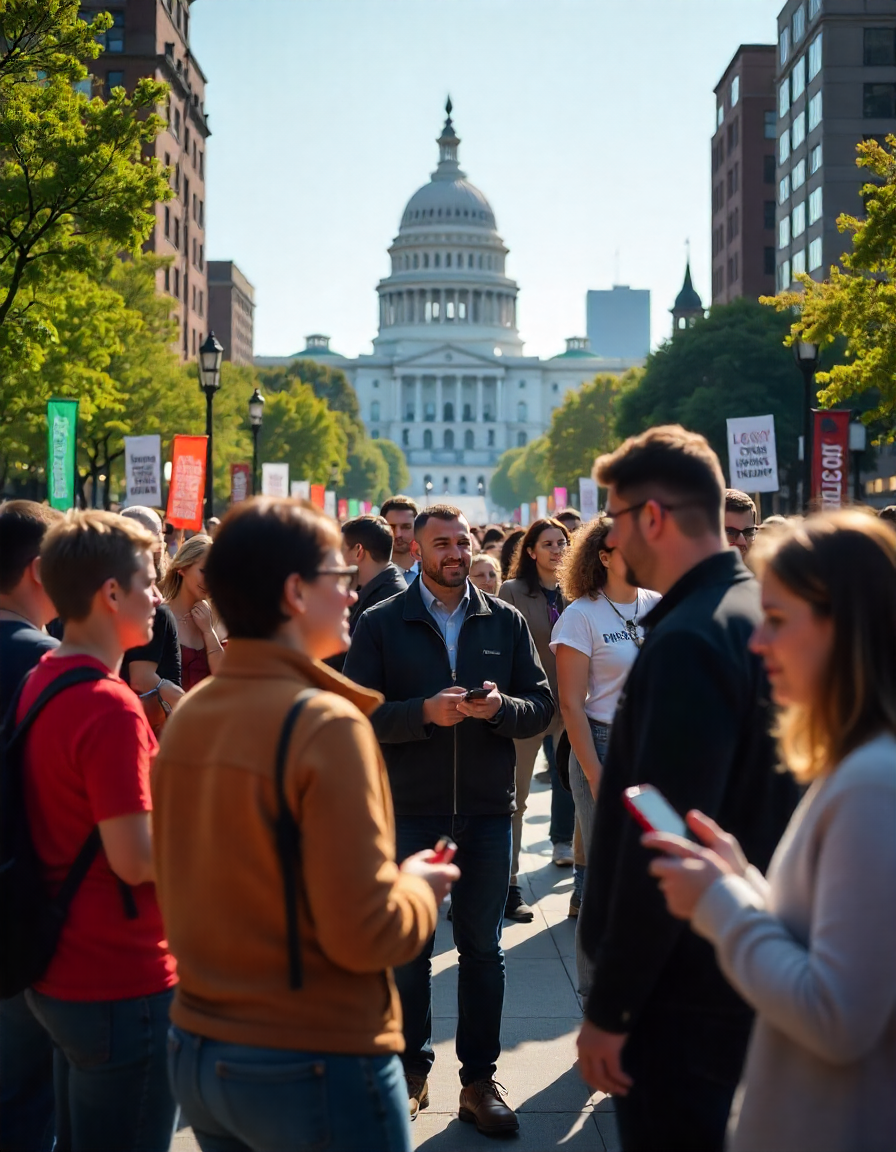
Politics shapes the framework within which societies operate, influencing everything from laws to cultural norms. However, the nature of political participation has evolved significantly over recent decades, driven by technological advances, shifting demographics, and changing public expectations.
This exploration delves into contemporary patterns of political involvement, highlighting both challenges and opportunities for citizens seeking to influence governance and policy.
The Changing Landscape of Political Participation
Traditionally, political engagement revolved around voting in elections, attending rallies, or joining party organizations. While these activities remain foundational, new forms of involvement have emerged, facilitated largely by digital platforms.
Social media enables rapid dissemination of ideas and mobilization of supporters, allowing individuals to participate in discussions, campaigns, and advocacy efforts without physical presence. This democratization of voice has broadened access, particularly among younger generations.
Benefits and Pitfalls of Digital Political Spaces
Online environments provide arenas for exchanging perspectives, raising awareness, and organizing collective action. Hashtags, petitions, and virtual town halls can amplify causes that might otherwise be overlooked.
However, these spaces also risk misinformation, polarization, and performative activism. The speed at which unverified claims spread complicates fact-checking, while echo chambers reinforce existing biases.
Navigating these platforms critically is essential for productive discourse and meaningful change.
Youth Engagement: A New Force
Young people represent a powerful yet often underutilized segment of the electorate. Their approach to politics tends to blend social justice concerns, environmental awareness, and a desire for systemic reform.
Movements led by youth activists have gained international attention, challenging established institutions and prompting conversations around equity, climate action, and human rights.
Fostering sustained involvement requires creating inclusive spaces that respect diverse voices and provide education on civic processes.
The Role of Traditional Institutions
Despite shifts in participation, formal political structures retain crucial roles. Legislatures, courts, and executive bodies are where decisions translate into tangible policies.
Understanding how these institutions operate empowers citizens to advocate effectively. Engagement can take many forms, from lobbying and public comment periods to running for office or supporting candidates aligned with one’s values.
Bridging the Gap Between Citizens and Governance
A recurring concern is the disconnect between public needs and political agendas. Enhancing transparency and accountability builds trust and encourages more people to engage.
Mechanisms such as participatory budgeting, citizen assemblies, and open data initiatives invite direct input and oversight.
By involving communities in decision-making, governments can craft policies better tailored to diverse realities.
Media’s Influence on Political Perception
News outlets and journalism shape how issues are framed and understood. The rise of fragmented media sources has led to varied interpretations and sometimes conflicting narratives.
Critical media literacy helps individuals discern biases, evaluate sources, and seek balanced information. Supporting independent and investigative reporting sustains democratic processes by holding power to account.
Globalization and Local Politics
Global trends increasingly impact local affairs, from economic policies to migration and climate strategies. Political actors must balance international commitments with constituents’ immediate concerns.
Awareness of this interplay encourages more nuanced discussions and holistic policy approaches.
Challenges Facing Democratic Participation
Voter apathy, disenfranchisement, and structural barriers hinder inclusive involvement. Issues such as complex registration processes, gerrymandering, and limited civic education disproportionately affect marginalized groups.
Addressing these obstacles is vital for equitable representation and legitimacy.
The Future of Political Engagement
Emerging technologies like blockchain and artificial intelligence hold potential to transform electoral systems, improve transparency, and enhance public input.
Yet, ethical considerations and digital divides must be managed carefully.
Building resilient democracies requires adaptability, inclusiveness, and continuous dialogue between citizens and institutions.
Conclusion
The realm of political involvement is multifaceted and ever-changing. By understanding its complexities and embracing diverse modes of participation, individuals can contribute to shaping governance in ways that reflect their aspirations and values.
Empowered citizens, supported by transparent institutions and responsible media, form the cornerstone of vibrant and responsive political communities.

 12 August 2025
12 August 2025 Share
Share